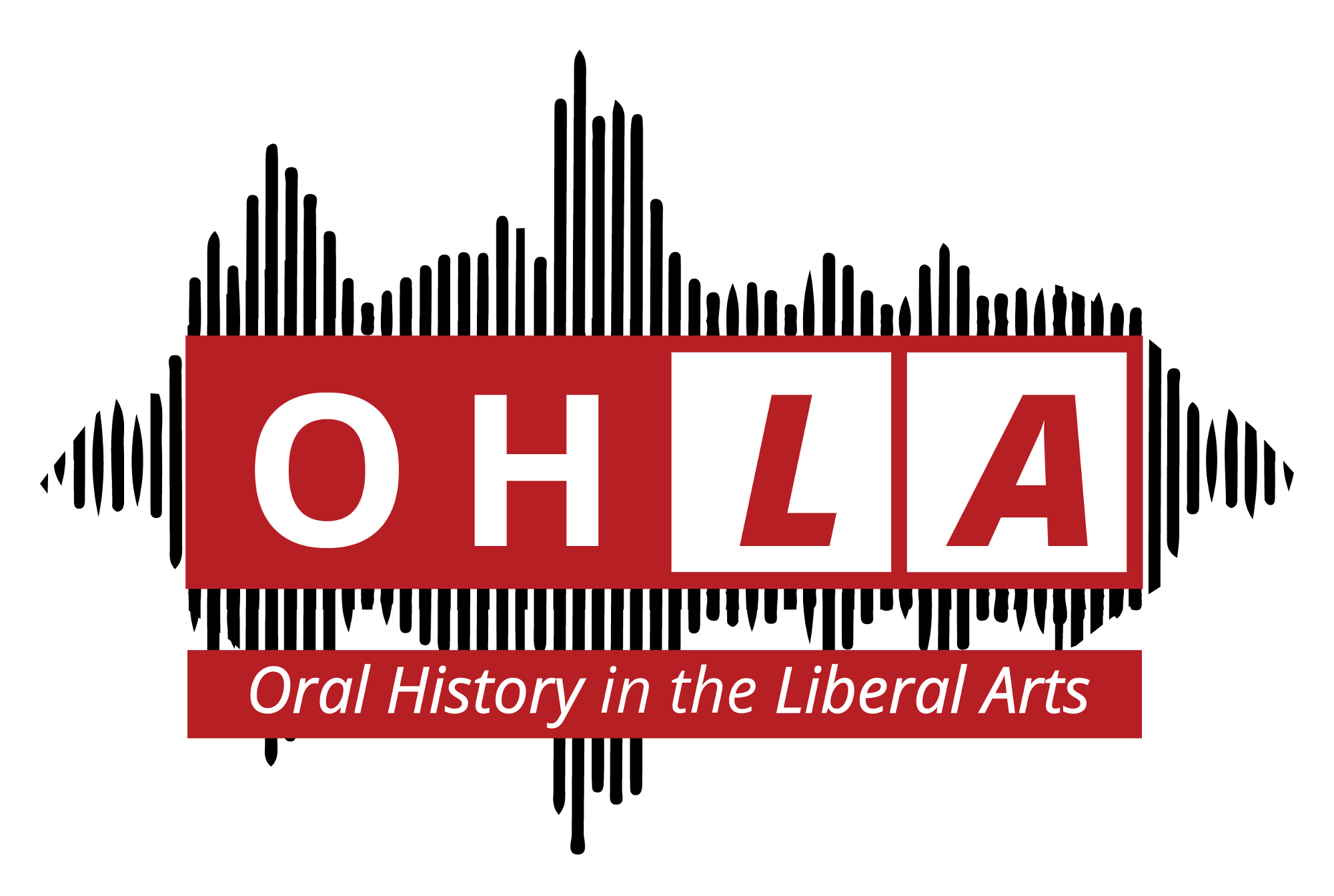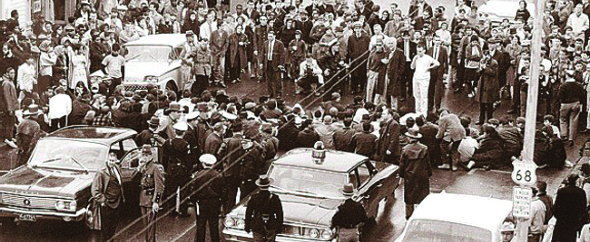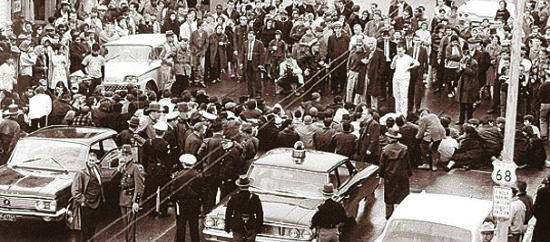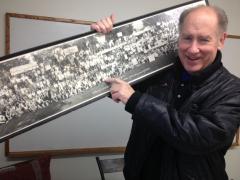Project Statement
Antioch Committee for Racial Equality (ACRE): Documenting Antioch at the Vanguard of the Civil Rights Movement
This collection of oral histories and associated digital ephemera documents the actions of Antioch students during a period of tumultuous American history that brought Antioch College into the spotlight of national news. In 1964, The New York Times hailed Antioch College as being “at the vanguard of the civil rights movement.” That March, students’ ongoing demonstrations to protest a local barber’s refusal to cut black hair erupted into an event called a “riot” in national news. In June, the brother and two friends of Antioch College students would leave the cultural milieu of campus and Yellow Springs and head to the deep south to organize voting registration. Their disappearance in Mississippi would catalyze federal involvement in racial tensions previously left to the states, triggering federal involvement and a tidal change in the civil rights movement. In March of 1964 congress passed the public accommodations act requiring businesses to offer services to any potential customer regardless of race or other protected classes. That same year the Antioch Committee for Racial Equality(ACRE) began organizing sit-ins to force Gegner’s Barbershop to stop denying services to African Americans. These interviews are recordings of the events and experiences of some of the actors involved in the sit ins and the following conflicts that involved not only the local police but the surrounding county police forces.
There is to varying degree still conflict between Yellow Springs and its surrounding towns and counties as a result from the invasion of neighboring police forces during the subsequent “riot” that followed.







